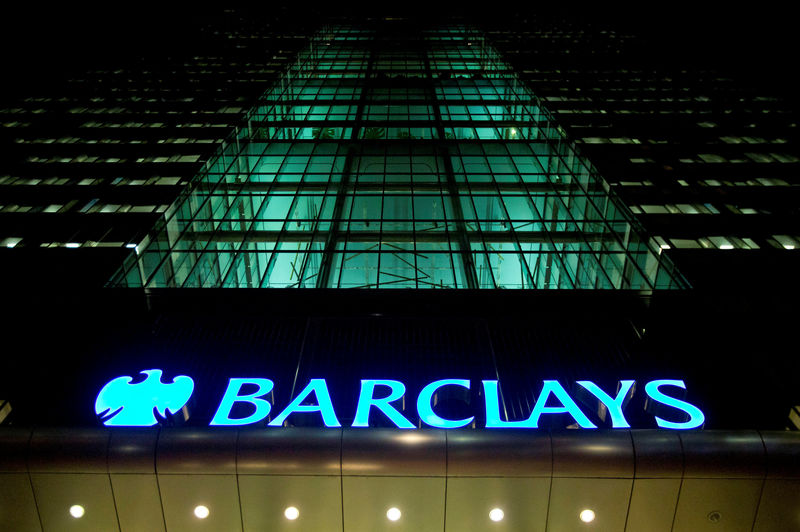Is this U.S.-China selloff a buy? A top Wall Street voice weighs in
Investing.com -- Investor attention is shifting from geopolitics to corporate fundamentals as earnings begin to eclipse tariffs as the primary market catalyst, according to Barclays (LON:BARC).
In a note on Tuesday, Barclays said that while the recent U.S.-EU trade deal may have offered short-term relief, “equity markets responded tepidly,” suggesting that “much of the tariff relief was already priced in.”
The firm noted that markets gave up initial gains following the announcement, with energy shares the exception amid a rally in oil prices.
Now, the focus turns to a loaded macro and corporate calendar. “A pivotal week for markets starts with a U.S.-EU trade deal announcement... now attention shifts to the high stakes calendar,” Barclays wrote, citing the July 30 Federal Open Market Committee (FOMC) meeting, Treasury refunding operations, and major earnings reports from companies like Microsoft (NASDAQ:MSFT), Meta (NASDAQ:META), Apple (NASDAQ:AAPL), and Amazon (NASDAQ:AMZN).
Options markets are said to reflect the shift. “Options price 31-Jul and 1-Aug as biggest catalysts,” Barclays noted, pointing to July 31 earnings and the August 1 nonfarm payrolls and reciprocal tariff deadline as key dates.
Despite this, volatility metrics remain muted. “The absolute level of vols have declined modestly almost throughout the curve,” the analysts said, although VIX futures still show “a steep curve, indicating market concerns.”
“Tariffs the teaser, but earnings the trigger,” Barclays concluded, adding that recent earnings reports have shown “historically large downside-biased moves,” reinforcing the value of “owning earnings gamma” ahead of key results.
In Europe, the bank sees ongoing risks in sectors like autos and recommends downside hedges via put spreads on indexes such as SX5E and SXAP.
